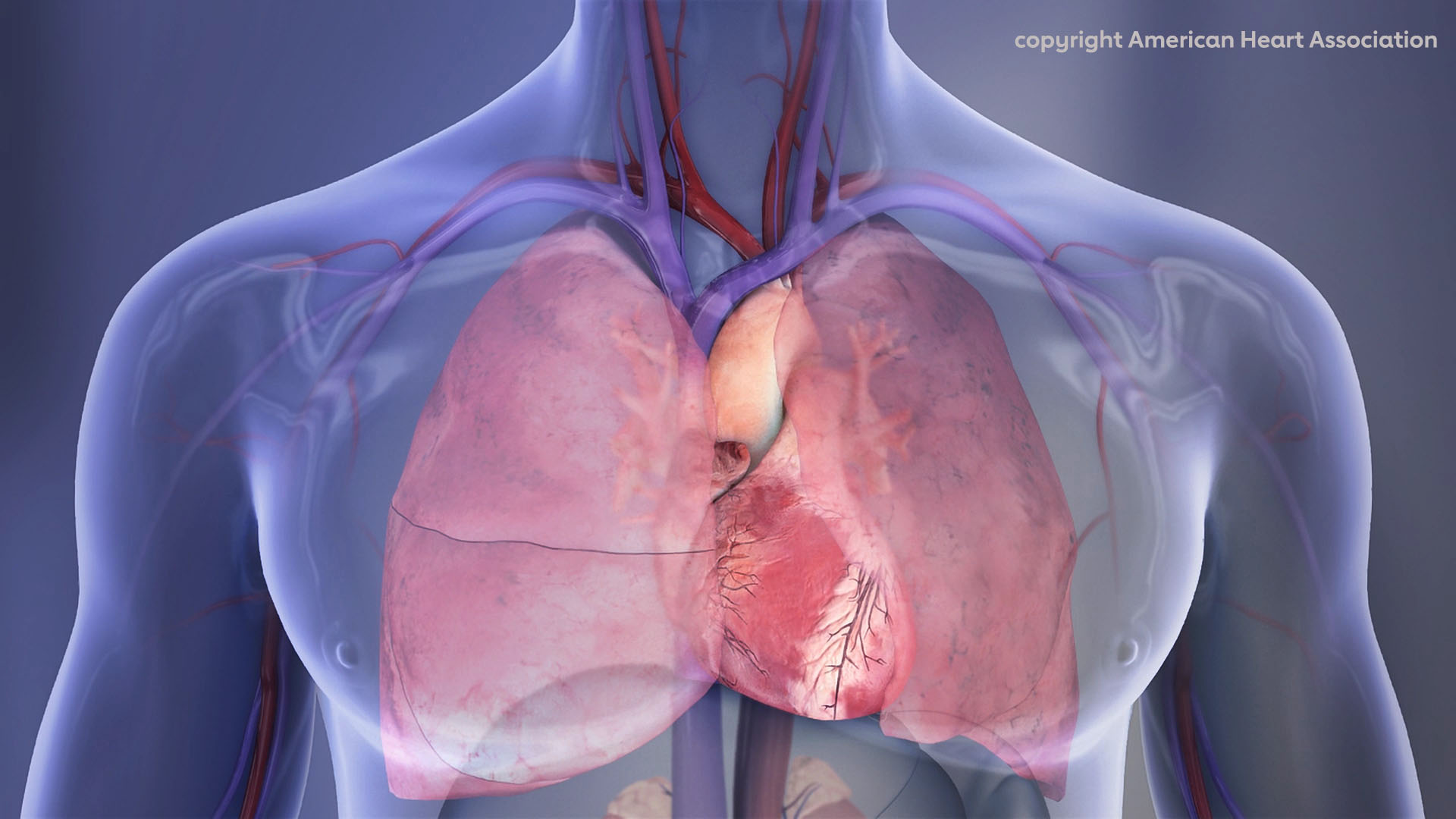Research Highlights:
- A laboratory study in mice with a bulging or weakening in the main artery supplying blood to the abdomen and legs – a condition known as abdominal aortic aneurysm – that were given sildenafil (a widely used erectile dysfunction medication) daily for four weeks found the medication increased the severity of the aneurysm.
- Abdominal aortic aneurysms are dangerous if the condition progresses without treatment, leading to a rupture or dissection, which can be fatal.
- Researchers say caution may be appropriate when prescribing sildenafil or similar medications to people with abdominal aneurysms; further research is recommended.
Embargoed until 4 a.m. CT/5 a.m. ET Wednesday, Jan. 5, 2022
 (NewMediaWire) – January 05, 2022 – DALLAS – In a laboratory study in mice, sildenafil, a commonly used erectile dysfunction medication, was found to worsen abdominal aortic aneurysms, indicating additional research may be needed to determine if the medication may have the same effect on people, according to new research published today in the Journal of the American Heart Association, an open access, peer-reviewed journal of the American Heart Association.
(NewMediaWire) – January 05, 2022 – DALLAS – In a laboratory study in mice, sildenafil, a commonly used erectile dysfunction medication, was found to worsen abdominal aortic aneurysms, indicating additional research may be needed to determine if the medication may have the same effect on people, according to new research published today in the Journal of the American Heart Association, an open access, peer-reviewed journal of the American Heart Association.
Sildenafil is commonly used to treat pulmonary hypertension and also widely prescribed to treat erectile dysfunction. Sildenafil works by blocking the enzymes that regulate the contraction of the vascular smooth muscle cells. There have been at least four cases of aortic dissection after use of medications that inhibit cyclic nucleotide phosphodiesterase 5, including the medication sildenafil, according to study authors.
An abdominal aortic aneurysm is a weakening or bulging in the lower section of the aorta —that carries blood from the heart to the abdomen, pelvis and legs. If an abdominal aortic aneurysm leads to a dissection, the inner layer of the artery wall can split, resulting in additional damage to the artery. A rupture of an abdominal aortic aneurysm is a medical emergency, and only about 20% of patients survive. Abdominal aortic aneurysms occur more frequently in older men who have risk factors including emphysema, family history of abdominal aortic aneurysms, high blood pressure, high cholesterol, smoking and sometimes, obesity.
“Chronic use of sildenafil aggravated the development of abdominal aortic aneurysm in research on mice,” said lead study investigator Chongyang Zhang, M.S., a Ph.D. candidate at Aab Cardiovascular Institute at the University of Rochester School of Medicine and Dentistry in Rochester, New York. “These findings are in line with some clinical cases of reported aortic dissection after use of medications such as sildenafil, which are PDE5 inhibitors. Thus, caution may be appropriate in chronic usage of sildenafil-like medications among men with aneurysms or who are at highest risk for an aneurysm.”
The aorta consists of three layers, the middle of which is composed of vascular smooth muscle cells. These cells regulate vessel tone and enable the aorta to contract and relax, thus regulating blood flow. When the cells of the aorta are not able to regulate blood flow appropriately, the risk for aortic aneurysm increases. One enzyme found in the body phosphodiesterase 5 (also called PDE5) is an important enzyme that regulates vascular smooth muscle cells’ ability to contract. Sildenafil and similar medications block the PDE5 enzyme activity.
Researchers explored if chronic inhibition of the PDE5 enzyme when sildenafil was ingested daily may impact the progression of abdominal aortic aneurysm in mice. Small abdominal aortic aneurysms were surgically induced in the mice, and the size of the mice’s aortas were monitored. Seven days after the surgery, abdominal aortic aneurysms formed. The mice were then randomly assigned to two groups for four weeks: half of the mice were given sildenafil diluted in water daily for four weeks, which was equal to about 60-100 mg/kg/day; the second group of mice received water that did not contain sildenafil.
After four weeks, compared to mice that did not receive the medication, the mice receiving sildenafil:
- had larger abdominal aortic aneurysms that were about 37% wider, on average.
- had around 50% more degradation or weakening of elastic fibers in abdominal aortic aneurysm.
“Our study suggests that sildenafil aggravated the progression of abdominal aortic aneurysms, likely through disrupting the smooth muscle cells’ ability to contract and function properly,” said corresponding author Chen Yan, Ph.D., a professor in the department of medicine at Aab Cardiovascular Institute at the University of Rochester School of Medicine and Dentistry. “These findings may raise caution about prescribing PDE5 inhibitors like sildenafil for patients who have existing aortic aneurysmal lesions. Clinical studies and other types of animal models of abdominal aortic aneurysm may be warranted to study this further.”
Additional co-authors are Amy Mohan, A.A.S.; and Hangchuan Shi, M.D.
The study was funded by the National Institutes of Health and the American Heart Association.
Studies published in the American Heart Association’s scientific journals are peer-reviewed. The statements and conclusions in each manuscript are solely those of the study authors and do not necessarily reflect the Association’s policy or position. The Association makes no representation or guarantee as to their accuracy or reliability. The Association receives funding primarily from individuals; foundations and corporations (including pharmaceutical, device manufacturers and other companies) also make donations and fund specific Association programs and events. The Association has strict policies to prevent these relationships from influencing the science content. Revenues from pharmaceutical and biotech companies, device manufacturers and health insurance providers and the Association’s overall financial information are available here.
Additional Resources:
About the American Heart Association
The American Heart Association is a relentless force for a world of longer, healthier lives. We are dedicated to ensuring equitable health in all communities. Through collaboration with numerous organizations, and powered by millions of volunteers, we fund innovative research, advocate for the public’s health and share lifesaving resources. The Dallas-based organization has been a leading source of health information for nearly a century. Connect with us on heart.org, Facebook, Twitter or by calling 1-800-AHA-USA1.
###
For Media Inquiries and AHA/ASA Expert Perspective:
Bridgette McNeill: bridgette.mcneill@heart.org
For Public Inquiries: 1-800-AHA-USA1 (242-8721)
heart.org and stroke.org
